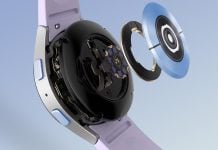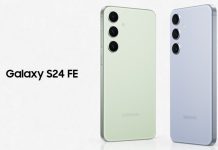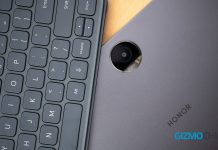Samsung’s latest flagship series, the Galaxy S23, has been out for almost two months, and early adopters are discovering that the wireless charging speeds on these high-end phones may not be as fast as expected. In fact, according to a detailed comparison by Phone Arena, the Galaxy S22 charges quicker than its 2023 counterpart, even though they feature pretty much the same wireless charging speeds.
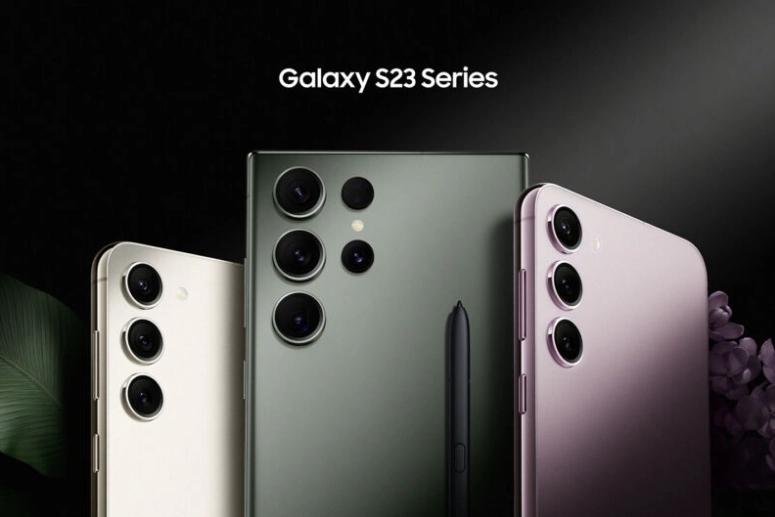
The comparison reveals that the Galaxy S23 Ultra takes around 40 minutes longer to charge wirelessly from 1-100% than the Galaxy S22 Ultra, while the Galaxy S23 Plus takes about 15 minutes longer, and the Galaxy S23 takes approximately 16 minutes longer. This is surprising, given Samsung’s emphasis on speed and performance on its latest smartphones.
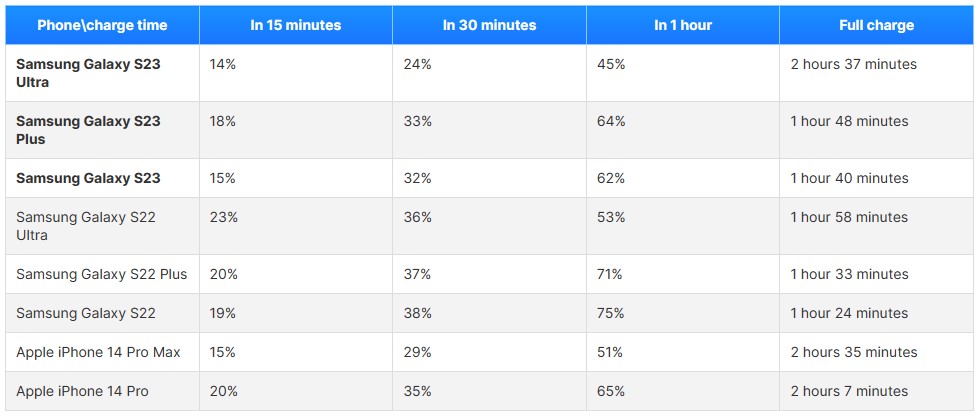
One possible explanation for this slower charging speed is Samsung’s concern about heat dissipation. The company’s documentation states that the Galaxy S23 includes “an enhanced level of heat dissipation” to prevent overheating. Nevertheless, this does not fully explain why the last generation flagship, featuring the same battery size and wireless charging tech as the Galaxy S23 Ultra, can recharge faster than the newer model at the same charging speed.
It’s worth noting that 15W wireless charging is not the fastest standard available, and other brands like OnePlus have been offering 50W wireless charging for a couple of years now. It’s important to note that Samsung’s 15W fast wireless charging is only available on the company’s own chargers, which means that customers using third-party charging pads may experience slower charging speeds. In fact, even if the third-party charger supports 15W charging, the speeds may be capped at 10W due to compatibility issues.
Overall, this discovery may be disappointing for Samsung Galaxy S23 owners who were expecting faster wireless charging speeds. However, it’s important to keep in mind that heat dissipation is a critical issue for modern-day phone makers, and Samsung may have taken this decision to prioritize the safety and longevity of its flagship phones.
RELATED:
- Samsung Galaxy Tab S9 Ultra memory & storage options leak ahead of launch
- Samsung & McAfee Extend Decade-long Partnership to Enhance Mobile Security
- Samsung Galaxy Tab S9 to launch with a major upgrade over its predecessor
- Samsung Galaxy F54 5G India launch imminent as support page goes live
- Samsung Galaxy Z Flip 5 cover display size revealed, production to begin in June
- Samsung Exynos 2500 flagship chipset reportedly under development with custom GPU
- Best Smart Lights in 2023 – Philips, TP-Link, Govee & More
(Source)

